
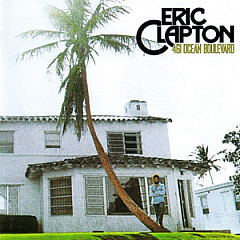
Eric Clapton's only Hot 100 #1, either solo or with one of his many bands, was his cover of Bob Marley's "I Shot The Sheriff."

Al Green's "Take Me to the River" describes a baptism. Two years later, he became a reverend.
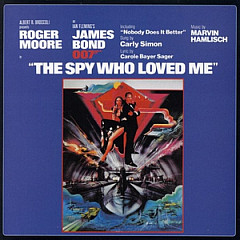
"Nobody Does It Better" by Carly Simon was used in the film The Spy Who Loved Me. It was the first James Bond song not named after the movie.
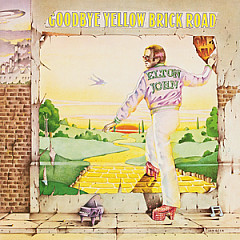
"Goodbye Yellow Brick Road" is one of the few Bernie Taupin lyrics that is more about him than Elton John. The song is about giving up glitz for the simple life - not exactly Elton's M.O.
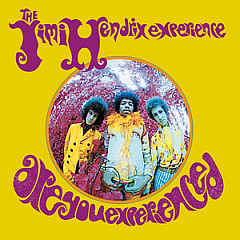
Jimi Hendrix wrote "The Wind Cries Mary" not about marijuana, but about his girlfriend at the time, Kathy Mary Etchingham.
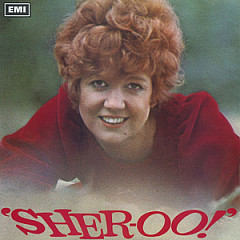
Paul McCartney's favorite song that he wrote for someone else is Cilla Black's 1968 UK Top 10 hit, "Step Inside Love."
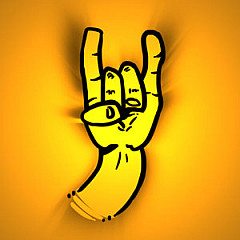
Ozzy, Guns N' Roses, Judas Priest and even Michael Bolton show up in this Classic Metal quiz.
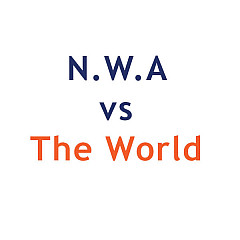
How the American gangsta rappers made history by getting banned in the UK.
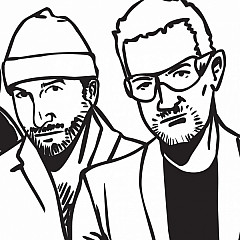
How did The Edge get his name? Did they name a song after a Tolkien book? And who is "Angel of Harlem" about?
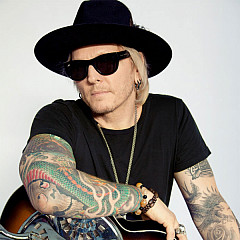
When he joined Guns N' Roses in 1990, Matt helped them craft an orchestral sound; his mezzo fortes and pianissimos are all over "November Rain."
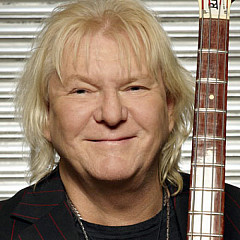
One of the most dynamic bass player/songwriters of his time, Chris is the only member of Yes who has been with the band since they formed in 1968.
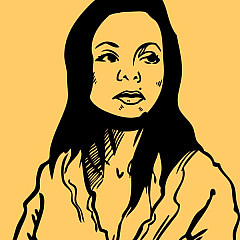
Was Janet secretly married at 18? Did she gain 60 pounds for a movie role that went to Mariah Carey? See what you know about Ms. Jackson.